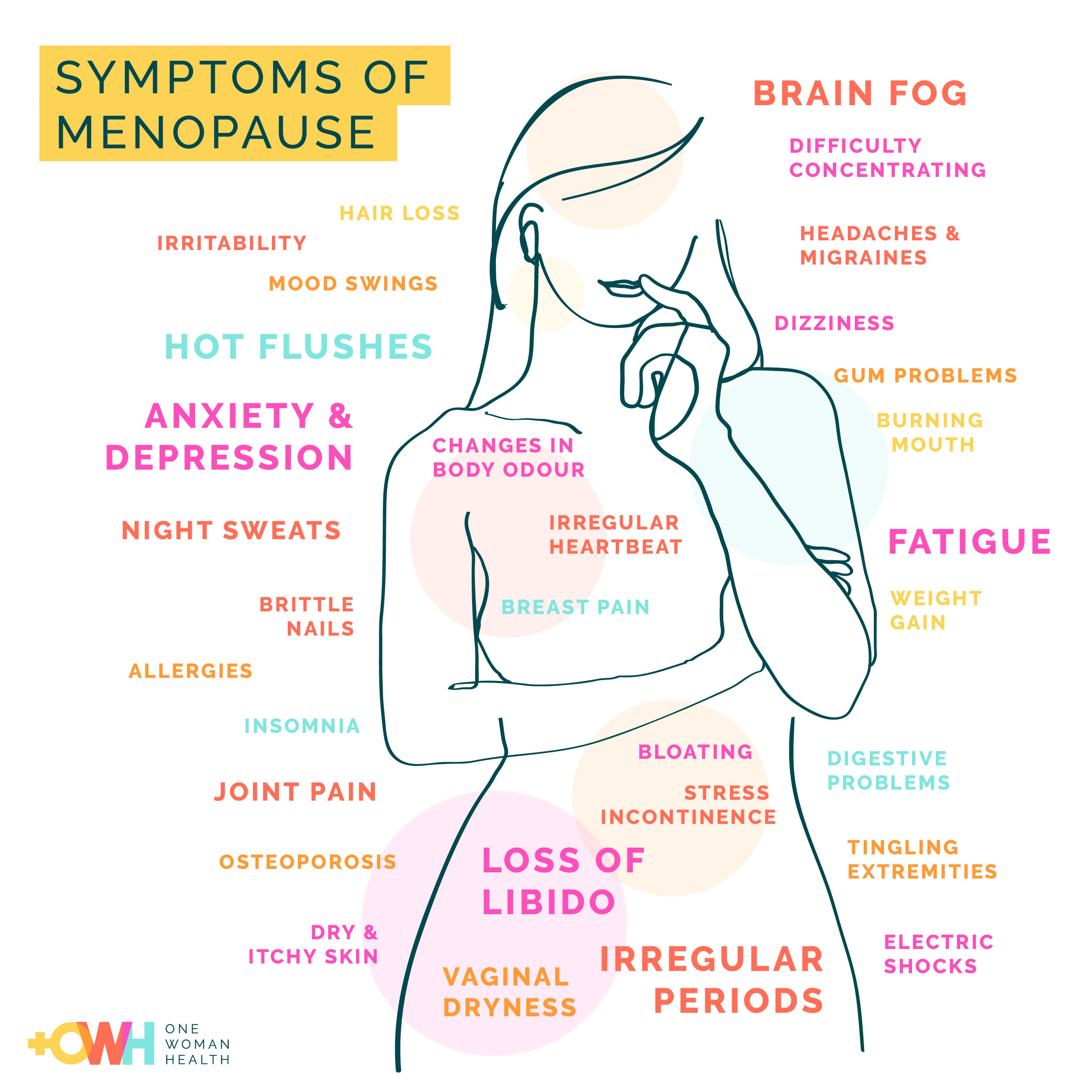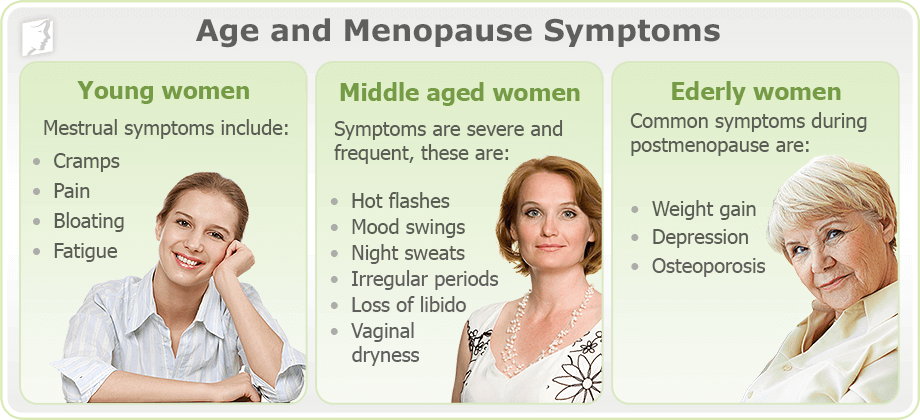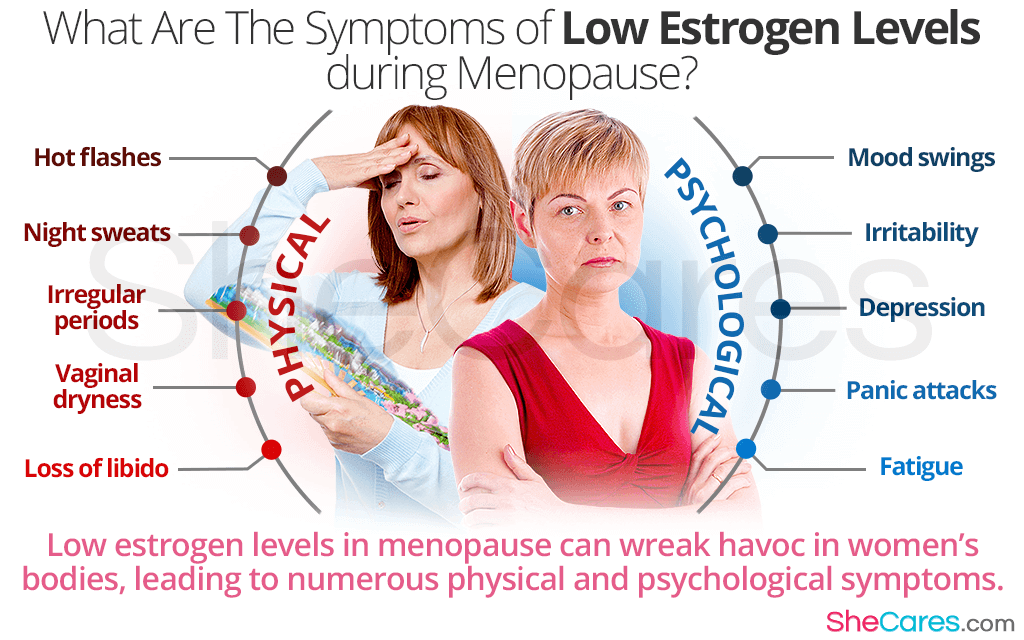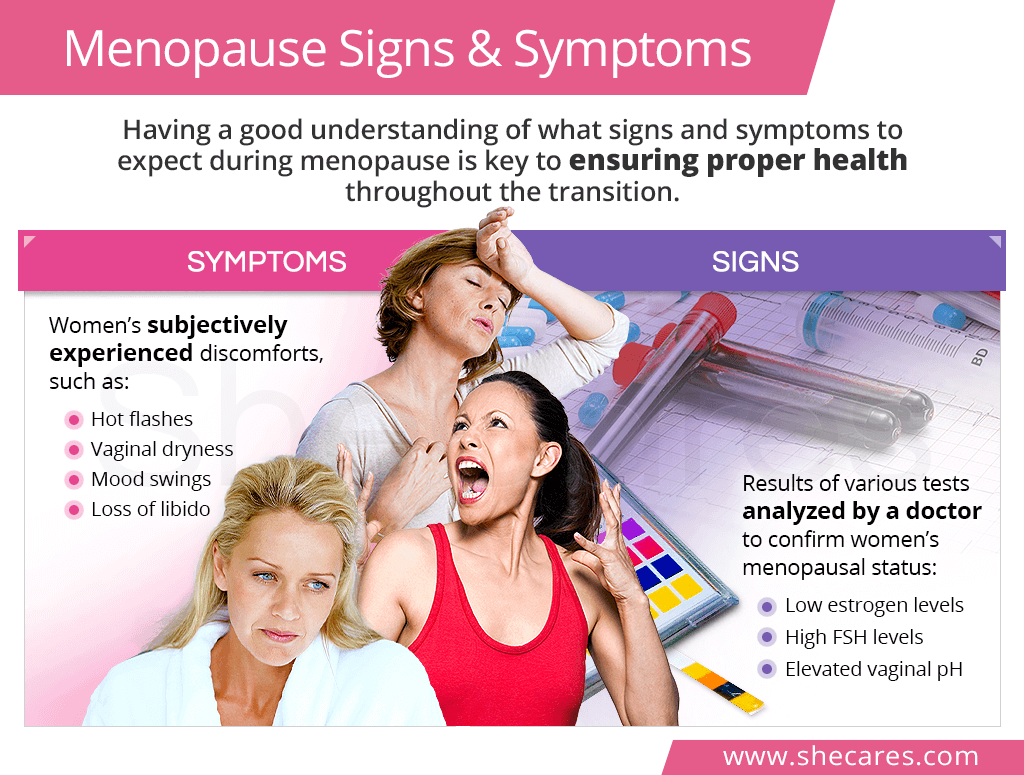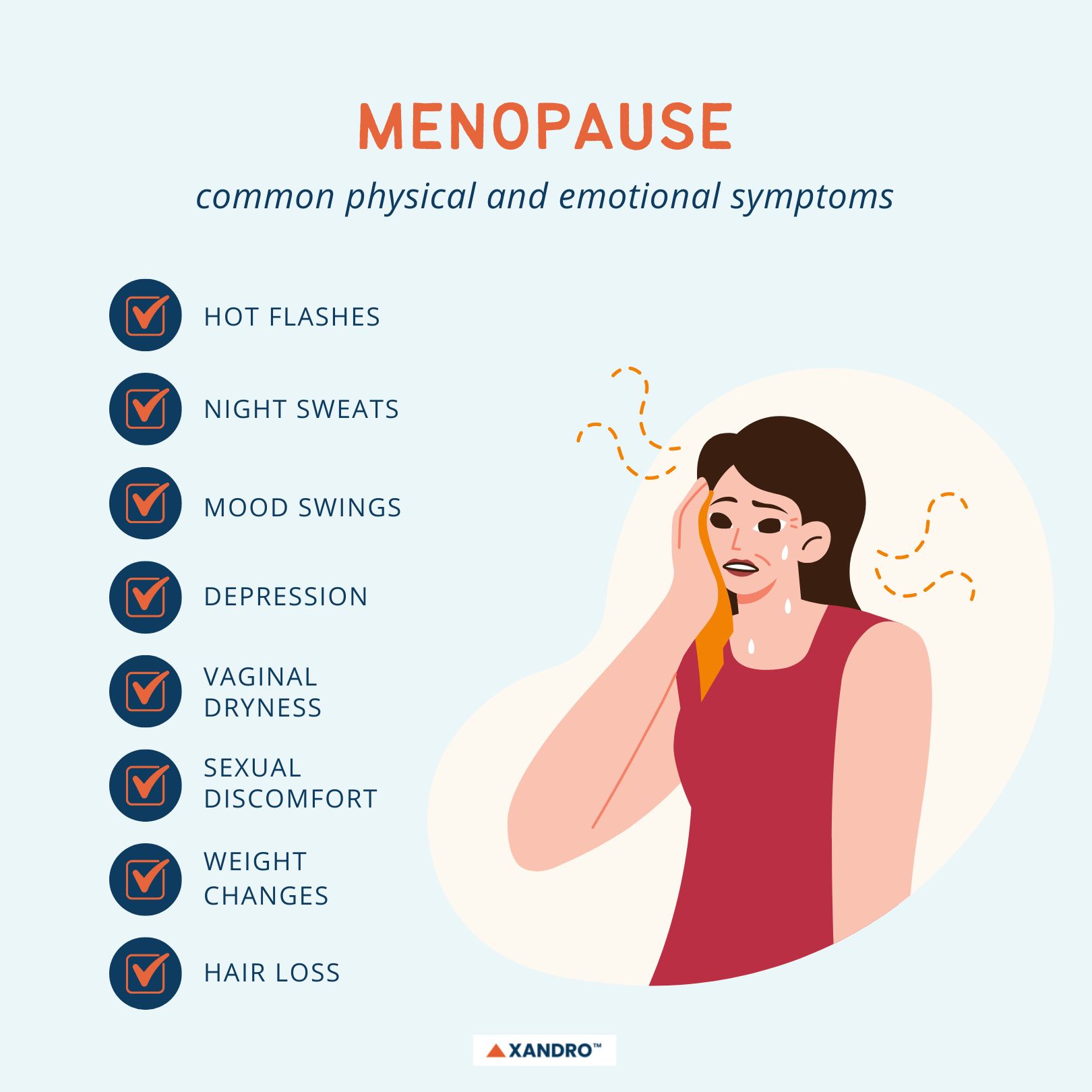This Menopause Side Effect Was Overlooked
:max_bytes(150000):strip_icc()/VWH-JulieBang-SideEffectsandSymptomsofMenopause-Standard-bfcd90910ac8442b88cee77daec7ca42.jpg)
For years, the narrative surrounding menopause has largely focused on hot flashes, night sweats, and mood swings. However, a growing body of research and anecdotal evidence is highlighting a significantly underreported and often dismissed side effect: cognitive decline.
While some memory lapses are considered a normal part of aging, the cognitive challenges experienced during perimenopause and menopause can be more pronounced and debilitating, impacting women's professional lives, personal relationships, and overall quality of life. This article explores the emerging understanding of menopausal cognitive decline, its potential causes, and the implications for women's health and well-being.
The Overlooked Reality of Cognitive Decline
Cognitive decline associated with menopause isn't simply forgetting where you placed your keys. Women describe experiencing difficulties with working memory, attention span, verbal recall, and executive function – the ability to plan, organize, and manage tasks. These challenges can manifest as struggling to follow conversations, difficulty concentrating at work, and increased feelings of mental fog.
A study published in Neurology in January 2024 by Dr. Pauline Maki at the University of Illinois Chicago found that cognitive performance significantly declines during perimenopause, with some measures, such as verbal learning and memory, showing the most substantial changes. The research involved over 400 women and used cognitive tests and hormone level measurements to assess cognitive function throughout the menopausal transition.
The North American Menopause Society (NAMS) acknowledges the prevalence of cognitive symptoms during menopause and offers resources for both women and healthcare providers. "Cognitive changes are common during the menopause transition, and it’s important for women to know they’re not alone and that these symptoms are often temporary," states a recent press release from NAMS. However, the organization also emphasizes the need for further research to fully understand the long-term effects and best treatment strategies.
Hormones and the Brain: Unraveling the Connection
The primary suspect in menopausal cognitive decline is the fluctuating and declining levels of estrogen, a hormone that plays a crucial role in brain function. Estrogen influences various cognitive processes, including memory consolidation, neuronal plasticity (the brain's ability to reorganize itself), and the regulation of neurotransmitters like serotonin and dopamine.
As estrogen levels decline during perimenopause, these cognitive processes can be disrupted, leading to the aforementioned symptoms. Dr. Lisa Mosconi, Director of the Women's Brain Initiative at Weill Cornell Medicine, has been a vocal advocate for recognizing the impact of hormonal changes on women's brain health. Her research uses brain imaging to demonstrate structural and functional changes in the brain during menopause, directly linking hormonal fluctuations to cognitive performance.
While estrogen decline is considered a primary driver, other factors can contribute to cognitive challenges during menopause. These include sleep disturbances (often linked to hot flashes and night sweats), mood disorders like anxiety and depression, and underlying health conditions such as cardiovascular disease.
Seeking Help and Managing Symptoms
For women experiencing cognitive difficulties during menopause, seeking medical advice is crucial. A healthcare provider can help rule out other potential causes of cognitive decline, such as thyroid problems or vitamin deficiencies. Furthermore, they can discuss potential treatment options.
Hormone therapy (HT) is a common treatment for menopausal symptoms, and some studies suggest it can improve cognitive function in certain women, particularly when initiated early in the menopausal transition. However, the decision to use HT should be made in consultation with a healthcare provider, considering individual risks and benefits.
Beyond hormone therapy, lifestyle modifications can play a significant role in managing cognitive symptoms.
"Maintaining a healthy diet, engaging in regular physical exercise, getting adequate sleep, and managing stress can all contribute to improved cognitive function,"advises Dr. Stephanie Faubion, Medical Director of NAMS. Engaging in mentally stimulating activities, such as puzzles, reading, and learning new skills, can also help maintain cognitive sharpness.
The Importance of Awareness and Advocacy
Raising awareness about menopausal cognitive decline is essential to destigmatize the experience and empower women to seek help. Many women are dismissed or told their symptoms are simply "in their head," leading to feelings of isolation and frustration.
Increased awareness among healthcare providers is also crucial to ensure that women receive accurate diagnoses and appropriate treatment. Continued research is needed to further understand the long-term effects of menopausal cognitive decline and to develop more targeted and effective interventions.
The narrative surrounding menopause needs to evolve to include a more comprehensive understanding of its cognitive impact. By acknowledging and addressing this often-overlooked side effect, we can empower women to navigate the menopausal transition with greater confidence and maintain their cognitive well-being throughout their lives.






